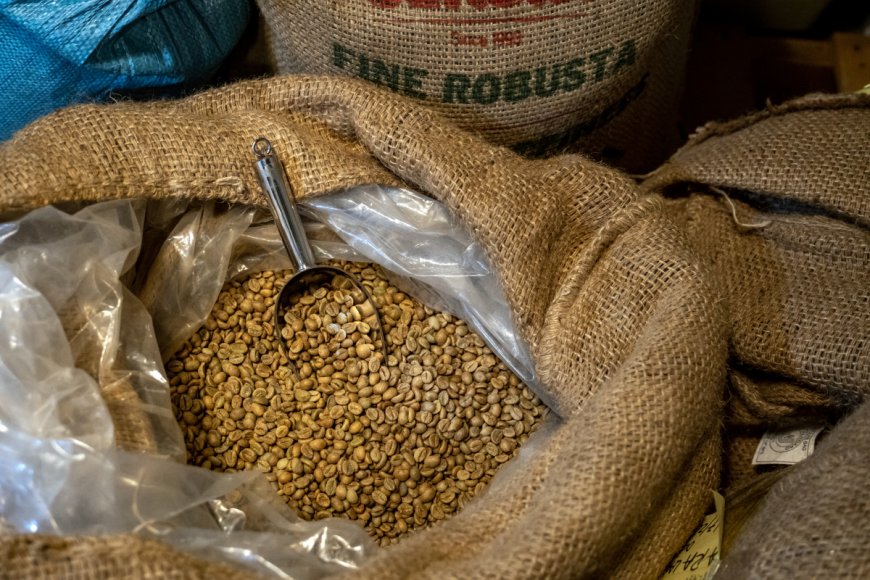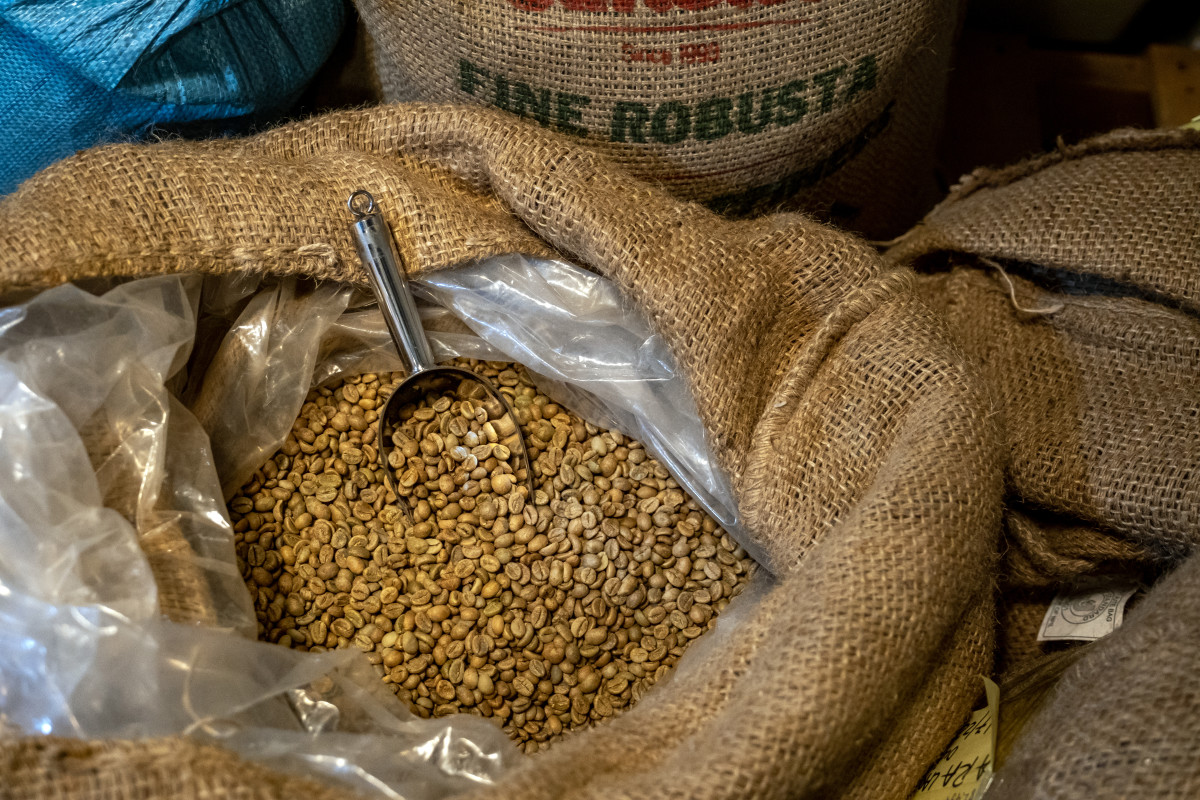Huge global coffee supplier seeks sale in Chapter 11 bankruptcy
The global coffee supplier has decided to exit the business and pursue a sale of its assets.

Financial difficulties have forced coffee companies into bankruptcy and sometimes out of business in recent years.
Defunct Seattle-based coffeehouse chain Tully's filed for Chapter 11 bankruptcy in January 2013 and its subsequent owner Global Baristas was eventually forced out of business by another bankruptcy and a permanent injunction by Keurig in 2018. Keurig currently sells the Tully brand coffee.
Related: Huge service company files for Chapter 11 bankruptcy
A major accounting scandal involving Chinese coffee company Luckin led to the company filing Chapter 15 bankruptcy in 2021 seeking foreign recognition of its Cayman Islands scheme of arrangement. The company filed bankruptcy in the U.S. Bankruptcy Court for the Southern District of New York to seek an automatic stay of all legal proceedings against it in the U.S. and emerged from Chapter 15 in April 2022. Luckin is the top coffee shop operator in China ahead of Starbucks (SBUX) - Get Free Report.
A number of local coffee roasters have filed Chapter 11 in recent years facing financial difficulties likely caused by stiff competition from large chains such as Starbucks and Dutch Bros (BROS) - Get Free Report.
Many of these coffeehouses depend on coffee suppliers to provide the coffee beans to make their beverages, and if their suppliers have serious financial difficulties, coffee shops could have their operations disrupted by their suppliers.
Mercon Coffee pursues sale and liquidation plan
Netherlands-based global coffee bean supplier Mercon Coffee Corp. on Dec. 7 filed for Chapter 11 protection in the U.S. Bankruptcy Court for the Southern District of New York to seek a sale of its assets, wind down its operations and pursue a liquidation plan, according to court filings.
The debtor is also seeking $40 million in debtor-in-possession financing from its prepetition lenders, with $10 million available on interim approval, $10 million funded at final approval and a $20 million roll-up of prepetition first-lien debt. The DIP loan is priced at a 9% base rate, a 3% upfront fee, 1% arrangement fee and a 0.5% unused commitment fee.
Mercon said in its DIP motion that it planned to use the post-petition financing to pay operating expenses, finance its Chapter 11 case and to pursue a liquidation plan. The debtor said it would seek court approval to use its cash collateral
The debtor in court papers reported less than $11.8 million in cash on hand and $363.3 million in funded debt obligations, including $7.5 million owed to Starbucks.
Covid and declining prices push Mercon into bankruptcy
The coffee supplier has faced headwinds in recent years, including global impact from the Covid-19 pandemic and a decline in the market price for coffee, according to bankruptcy filings.
Labor shortages and supply chain disruptions caused by the pandemic resulted in highly volatile coffee prices, high transportation costs, logistical bottlenecks, and a detrimental delay or postponement of coffee orders, according to court filings. In response to the supply chain disruptions, the debtors ramped up coffee inventory to meet demand and avoid any delays in the import process.
The ramp-up of coffee inventory led to the company incurring bilateral debt through bilateral loans to finance the inventory. An unexpected inversion of the coffee market in June 2021 caused immediate and near-term delivery prices to surpass those of future delivery, creating excess inventory that the company needed to sell at a loss. Then, an increase in interest rates in March 2022 caused difficulty for the debtors to meet their financial obligations under their bilateral loans.
Next, a steep decline in global coffee prices in October 2022, which included the longest losing streak of coffee futures in nine years, exacerbated the company's financial difficulties. The combination of negative business trends impacted the debtor's financial performance and led the debtor to fail to meet its debt obligations. After a strategic review of the company's business, Mercon decided to exit the coffee business and pursue an orderly sale of its assets.
Mercon is a global supplier of green coffee with its roots dating back 150 years. The company has been involved in almost every aspect of the coffee supply chain, including farming, sourcing, milling, selling and exporting coffee worldwide.
Get exclusive access to portfolio managers’ stock picks and proven investing strategies with Real Money Pro. Get started now.
What's Your Reaction?


























































